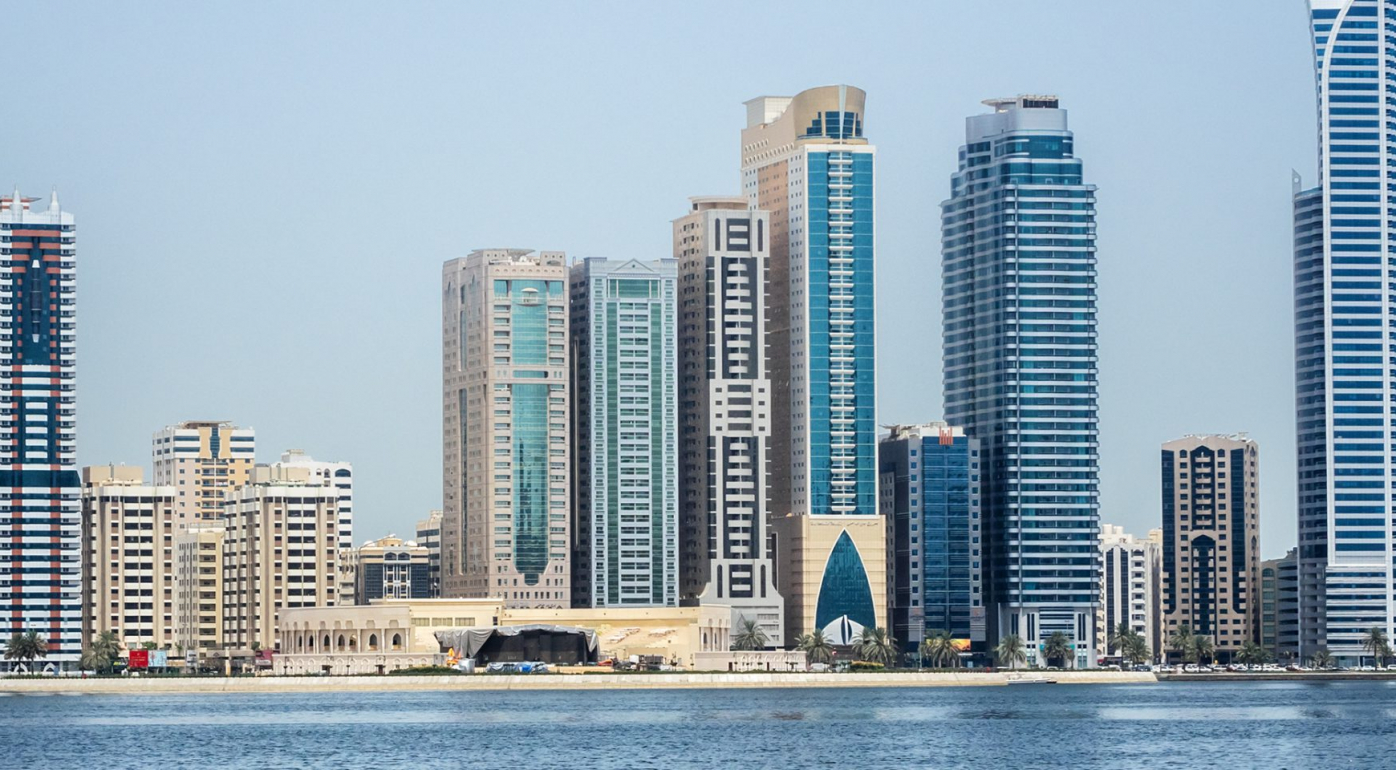When Jokha al-Harthi and Marilyn Booth won the Man Booker International Prize last year, for Booth’s translation of Sayyidat al-Qamr (Celestial Bodies), many hurried to note that al-Harthi was the “first Omani woman writer” to have a book in English translation.
While true, this may give the mistaken impression that there is something new about women's writing from the Gulf. But women on the peninsula have been composing sophisticated literature for centuries. Al-Khansa (575-645 AD), who was born and died on the Arabian Peninsula, is said to have been told by an admiring male writer that she was “the greatest poet among those with breasts.” Al-Khansa is said to have replied, archly: “I am the greatest poet among those with testicles, too.” Her work can be read, in vibrant translation, in James Montgomery’s Loss Sings.
Prominent poet-filmmaker Nujoom Ghanem, in a 2016 interview that focused on her literary ancestors, had a similar barb: “The majority of poets in our world are male, but quantity does not make quality.” Yet among the younger generation of writers, women often dominate. In Yemen, the UAE, Kuwait, and elsewhere, emerging women writers have been flooding into writing workshops and literary seminars.
Each Gulf country could have its own list of 10 women writers. Here are just a few to seek out:
- Raja Alem (Saudi) – Alem was the first woman to co-win the International Prize for Arabic Fiction (IPAF), for her classic Mecca novel The Doves’ Necklace (translated by Adam Talib and Katharine Halls). Alem is a relentlessly experimental writer who uses shape-shifting language and strange collaborations. Her recent historical novel, Sarab, about the 1979 takeover of Mecca’s Grand Mosque, was published in English and German translation but not Arabic; Alem says she is still at work on the original.
- Naseeba Alozaibi (UAE) – Children’s literature is literature, and we would be remiss not to list the many acclaimed and award-winning authors who write for young readers, among them Noura Noman (in particular the Ajwan trilogy), Maitha al-Khayyat (the award-winning My Own Special Way), Maryam al-Serkal (author the gorgeous picture book Mira’s Curly Hair), and Alozaibi, whose charming, deeply sympathetic, and fast-paced The Ghoul and the Blackberry Bush can be enjoyed by readers 7-107.
- Badriya al-Bishr (Saudi) – Al-Bishr is a gifted and prolific short-story writer, novelist, and columnist who sketches in the stories of interlocking women’s lives in novels such as Love Stories on al-Asha Street, longlisted for the IPAF, and Seesaw. In both novels, Saudi women’s lives are transformed by society-wide changes. Al-Bishr has one novel in English, Hind and the Soldiers, translated by Sanna Dhahir and published in 2017.
- Bothayna al-Essa (Kuwait) – The popular al-Essa left medical school to become a poet, novelist, bookstore owner, publisher, and prominent literary activist. A best-selling writer whose books are eagerly anticipated by her fans, her compelling first novel in English translation, All That I Want to Forget, appeared last year, translated by Michele Henjum.
- Laila al-Johani (Saudi) – Al-Johani’s acclaimed Days of Ignorance—which interrogates race, gender, and romance—finally appeared in Nancy Roberts’ translation in 2015. The book is an orchestra of emotions, and it explores many of the same issues as her other multilayered novels, such as The Barren Paradise and Love Will Always Remain.
- Mona Kareem (Kuwait) – A stateless poet born in Kuwait, Kareem is a poet, translator, and scholar of Gulf women’s writing whose relentlessly insightful gaze moves between Arabic and English. Author of three collections of poetry in Arabic, her trilingual chapbook Femme Ghosts (Arabic, English, Dutch) was released last year.
- Bushra Al-Maqtari (Yemen) – Al-Maqtari is a well-known newspaper columnist who won the Françoise Giroud Award for Defence of Freedom and Liberties and the US-based Leaders for Democracy Prize. Her debut novel, Behind the Sun, was released to acclaim in 2012, and she won a spot on the International Prize for Arabic Fiction writers’ workshop in 2013.
- Saadia Mufarreh (Kuwait) – Mufarrah is a poet, critic, and writer with several collections to her name. She once wrote: “Poetry is a gamble, [and] a poetess is a double provocation, the critics say!” The piece ends by turning its back on the disapproving audience: “Let them say what they want.” Although her poems have appeared in translation in a number of anthologies and magazines, including Gathering the Tide, Banipal, and Blackbird, she does not yet have a full-length collection in English translation.
- Salha Obaid (UAE)
Emerging author Salha Obaid already has collected several awards for her fictions, including the 2015 Al Owais Creativity Award for her short-story collection The Hidden White Thread. Her debut novel Maybe It’s a Joke was released to acclaim in 2018. Although her collection Alzheimers can be read in German translation, her work has not yet crossed into English. - Fatma al-Shidi (Oman)
Born in the coastal area of Saham, al-Shidi is a poet and novelist whose work weaves together the classical and contemporary, and who explores the stories of women who were enslaved in Oman, where slavery wasn’t abolished until 1970. Al-Shidi’s Death Party (2008) brings together myth, folktale, and the difficult lives of enslaved women. Other emerging Omani writers, recommended by Jokha al-Harthi, include Bushra Khalfan and Huda Hamed.
This year’s London Book Fair will be a chance to get to know several of these writers and their works in translation. Salha Obaid is set to appear Tuesday, March 10 at the fair’s Cross-Cultural Hub, while gifted UAE poet Khulood Al Mu’alla will speak on Wednesday, March 11 as part of the English PEN Literary Salon. Publishers should take this opportunity to hear more about the rich cultures—and subcultures—of Gulf women’s writing.

